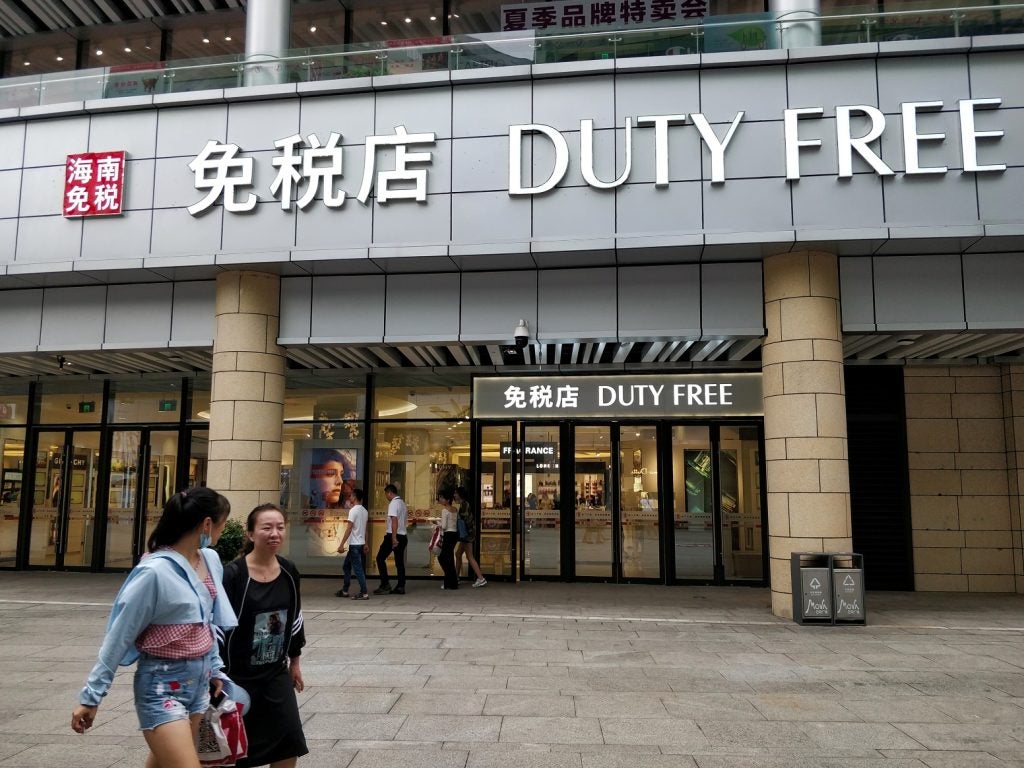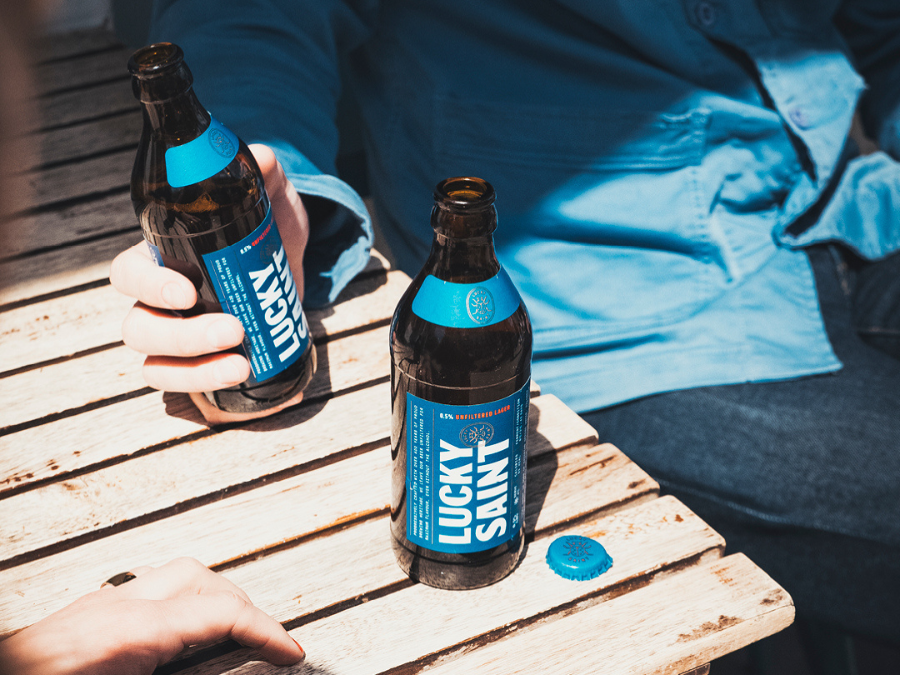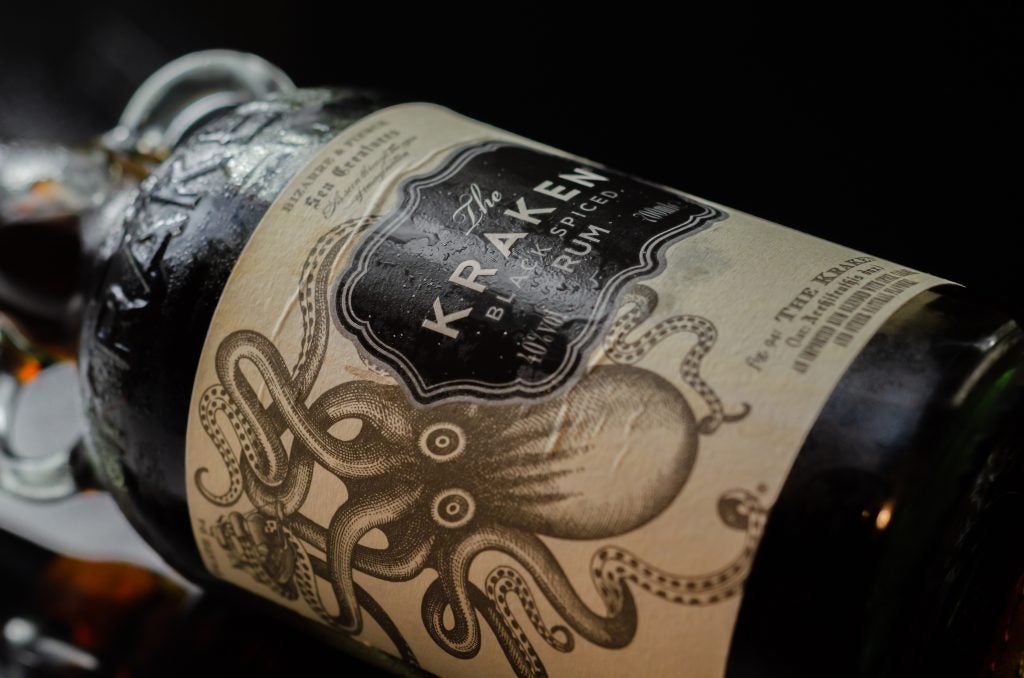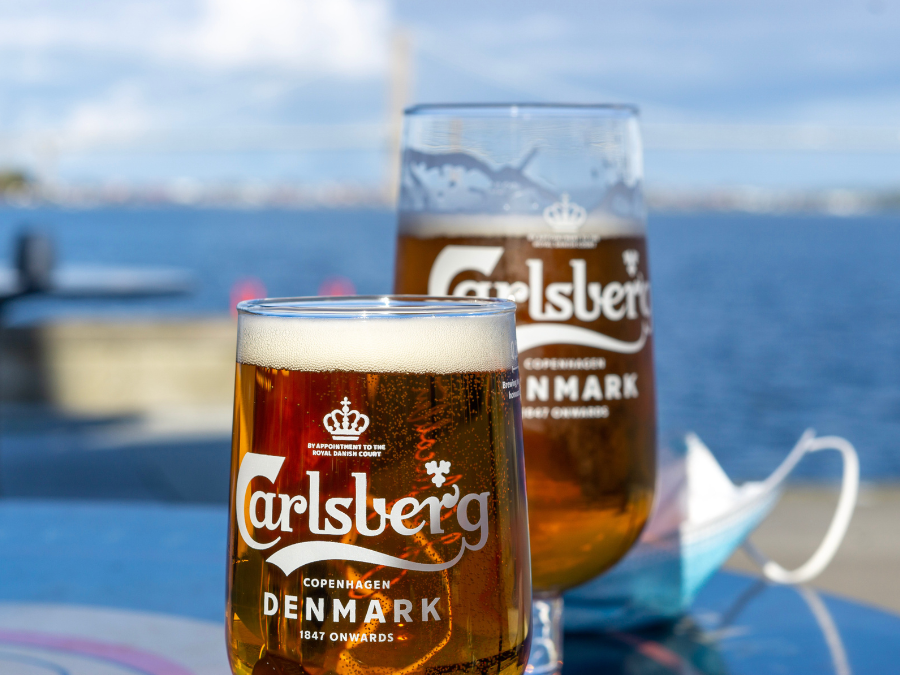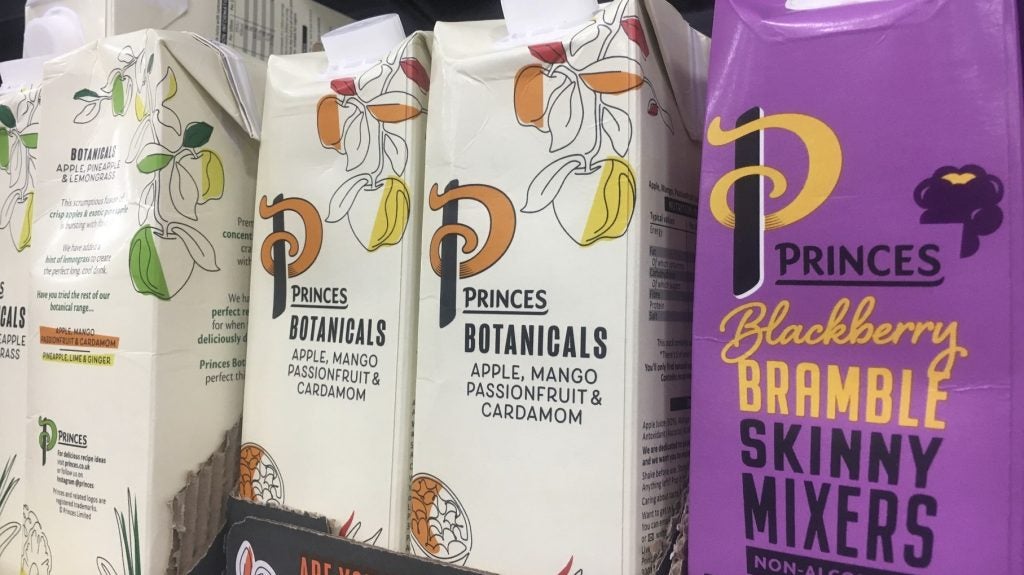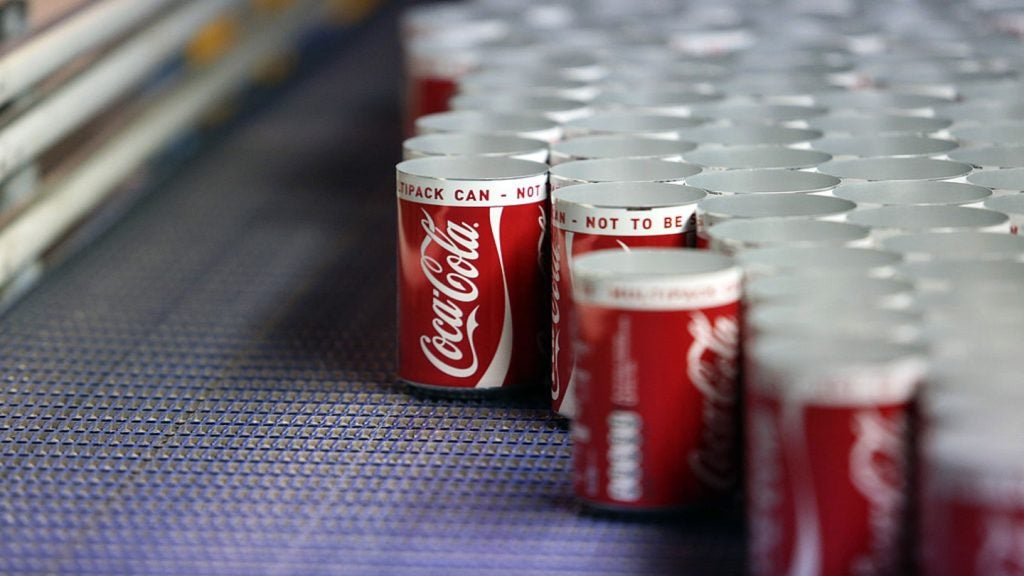Almost four years since Covid-19 was first detected in the Chinese city of Wuhan, the world is still feeling the impact of the pandemic – and the beverage alcohol marketplace is no exception. Supply chains are still resettling in major markets – most notably the US – and one channel in particular remains in a relatively volatile state: global travel retail.
Talking to spirits brand owners during the summer, there’s a fair amount of bullish positivity around but there’s equally no doubt that serious challenges remain. The biggest immediate question marks revolve around the present and future behaviour of the vital Chinese consumer base – and some in the industry voice their frustration that the global travel retail (GTR) channel hasn’t taken the opportunity afforded by the pandemic to rethink its business model.
Most of the optimism to date surrounds Europe and North America, with Asia-Pacific lagging behind but beginning to catch up. Brown-Forman – a company that has spent decades building a strong GTR presence across EMEA and the Americas in particular – reported a 43% increase in channel revenues in the year to April 2023.
But Brown-Forman has historically been rather underweight in Asia, a situation which the company is now addressing, with a strong focus on Greater China and Hainan (more on Hainan later) and an expanded workforce in the region.
Other brand owners suggest business in Europe is now nearing pre-pandemic levels after a strong resurgence in 2022, spearheaded by the ‘revenge travel’ consumer phenomenon. Nonetheless, they are painfully aware that, for full recovery to be achieved, they need Chinese travellers to return to the region in good numbers. There are early signs that this is beginning to happen.
As a category, spirits is better-placed than the rest of beverage alcohol – with the possible exception of Champagne/sparkling – to lead GTR into renewed growth. But the concern has to be the category’s historic overreliance on well-heeled Chinese travellers and their behaviour in a post-pandemic world.
The optimistic prognosis envisages more of that ‘revenge travel’, with Chinese consumers desperate to resume their globe-trotting ways, and equally keen to indulge their passion for splurging on high-end spirits as they go. A resumption, in other words, of what happened in 2019 and before.
The most obvious caveat here is the macroeconomic changes in China since the pandemic. Economic growth has slowed, graduate unemployment has risen, and key indicators such as the stock market and property prices don’t look too rosy right now.
Anecdotal evidence from Chinese cities suggests that, while people are delightedly returning to socialise in expensive bars and restaurants, that slight sense of financial insecurity is leading them to do so less frequently and to spend a bit less when they do go out. Apply the same logic to GTR and the anticipated bounce administered by wealthy Chinese resuming international travel may not be quite as pronounced as many had been hoping.
Brand owners may have more to gain from Asia as a region than Asia as a source of high-spending international travellers. This year, companies have reported brisker business in the likes of Thailand and Singapore, although Seoul has remained rather flat thanks to its reliance on incoming Chinese.
There is much to gain from Hong Kong, which was not only severely impacted by Covid-19 but also felt the effects of social unrest and demonstrations prior to the pandemic – and then there are the question marks over the future of Hainan.
The duty-free enclave was in many ways GTR’s saviour in the Covid years, giving Chinese consumers a safe destination and, thanks to the huge investments there, ample opportunity to continue to spend on the luxury products they had previously picked up in London, Dubai or New York.
Hainan is slowing down now – hardly surprising as international travel options open up for Chinese consumers – but don’t expect it to vanish: the main operators, such as CDFG and Shenzhen DF, have spent way too much money simply to turn their backs on it when ‘normality’ returns. There’s nothing else quite like Hainan in the region and, while its role may shift away slightly from the luxury end, it will remain a significant duty-free destination in the years ahead.
Missed opportunity for change in travel retail?
There is obvious concern about the extent, and the precise nature, of the recovery of GTR for spirits brand owners. But another worry is that everyone has spent so much time trying to get back to pre-pandemic norms that an opportunity has been lost to rethink how travel retail works, and what today’s consumers want from it.
In terms of the latter, the basics still apply. At its best, travel retail offers convenience, exclusivity in terms of products and/or formats, and a means to explore different categories and brands. But today’s consumers are increasingly demanding more than that.
Somewhat counter-intuitively, given the environmental impact of air travel, they are more interested in sustainability, prioritising products that showcase eco-friendly practices – as if, in some small way, buying a bottle of whisky with a recyclable carton will make up for the long-haul flight they’re about to take.
Forward-thinking retailers are tapping into this theme, an example being Gebr. Heinemann’s future-friendly initiative, showcasing brands with a strong sustainability message, such as Nc’nean single malt Scotch, which is organic, bottled in recycled glass and comes from a company named as a Best for the World B Corp in 2022.
For some brand owners, however, such projects are all too rare and they remain frustrated by retailers who appear only to be focused on short-term profits, ignoring longer-term shifts in consumer behaviour.
More holistically, a few lament what they see as the missed opportunity afforded by the pandemic-induced slump to remodel the way GTR works. Airports still demand huge fees from retailers; retailers pass that on to suppliers; and suppliers are left with little option but to come up with GTR ‘exclusives’ in order to hit a certain price point. If product quality suffers as a result, how will consumers react?
One brand owner rather grimly outlined to me a lengthy wish list of changes he’d like to see in GTR, from that reshaping of the economic model to the need for more innovative forms of consumer communication – with less ‘superficial’ and more substantive marketing that goes back to the roots of what makes a brand special.
His worry is that relief felt at the long-heralded return of the wealthy Chinese consumer will distract the industry from confronting these issues, yet again, and that will simply store up more problems for the future.
Or, as he puts it: “The golden years of GTR are behind us … We still consider it as a fantastic marketing window, in terms of brand visibility. But not at any price.”


